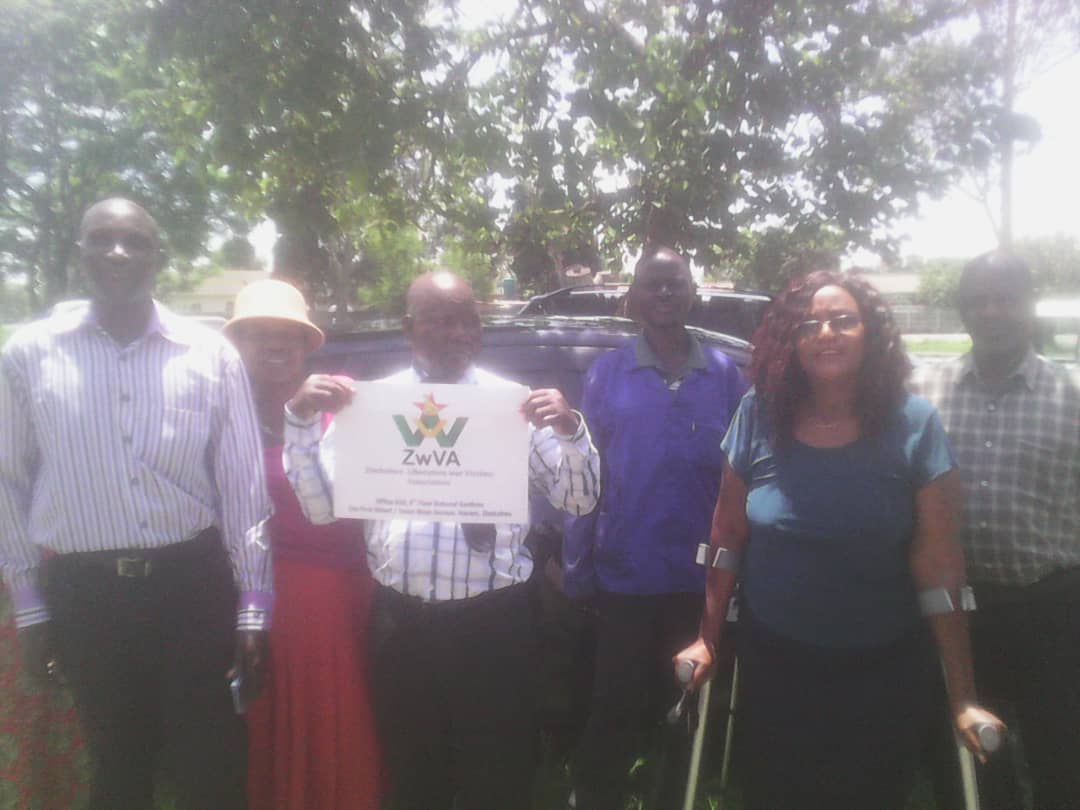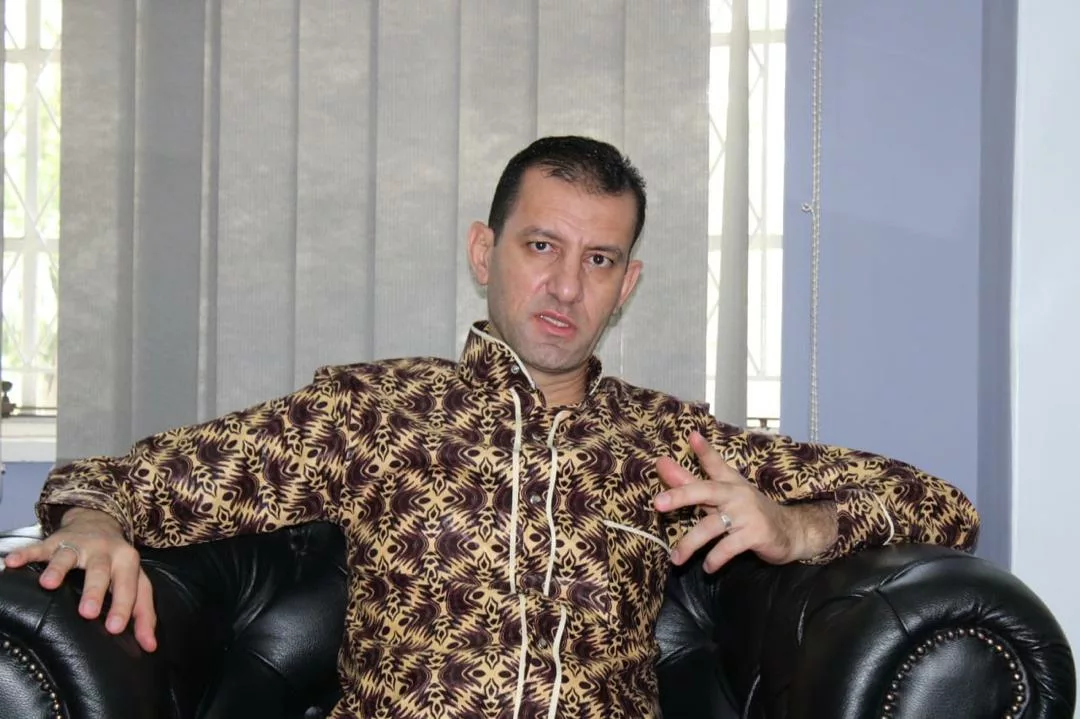By Tendai Guvamombe
The Second Chimurenga atrocities brought more harm than good with an indelible mark to the war victims left with disabilities whose lives have been in jeopardy since attainment of independence in 1980.
It has emerged that historians never went wrong in narrating events of the armed struggle but dismally failed to reflect on issues revolving around the plight of the forgotten comrades during the post war era.
In light of this view some war cadres made concerted efforts to establish a private voluntary organisation called the Zimbabwe War Victims Association (ZWVA) with a mandate to cater for the warfare of the disabled communities.
Collins Kasiya, the ZWVA Spokesperson explained numerous factors that led to the formation of the association.
“The organisation was formed with the thrust to target war veterans with disabilities whose lives were ruined as a result of war hence the need to advocate for their cause so as to improve and enhance their life standards,” Kasiya said.
Despite the prevailing economic conditions bedevilling various sectors, ZWVA has successfully managed to source funds from the government and the corporate world to make huge donations to its members across the country.
“The government and the donor community have been helpful in providing the association with medical assistance, clothing and other allowances which we have been distributing to the disability communities across provinces,” reiterated Kasiya.
Cde Vongai Mutokoti, the founder of ZWVA who lost her leg through a land-mine explosion during the war lamented the myriad challenges currently faced by war veterans which include warfare and health issues adding it is now time for their voice to be heard.
“The health of war victims living with disabilities is deteriorating day by day while some cannot get their claims since independence. Due to the economic challenges, some are actually forgotten and it’s now time our voices are heard.”
The association has greater plans lined up for 2019 to embark on reach out programme to all the provinces to incorporate more than 18000 forgotten comrades into a number of initiatives.
“Disability does not mean inability. This means if we empower these comrades they will be able to do something to earn a living. We have representatives of the association in every province and soon we shall embark on an outreach programme on empowerment, health and sustainability issues.”






